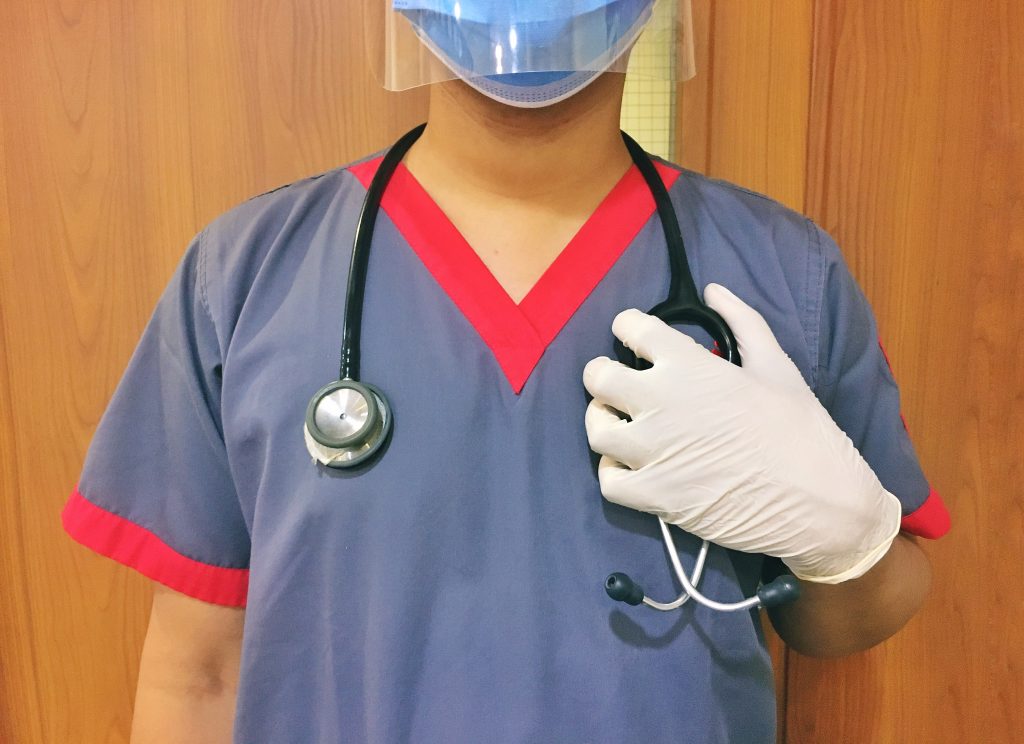Ontario’s doctors today stressed the importance of using science and proven public health measures as the basis for decisions on how to curb the pandemic, despite the alarming amount of misinformation still being spread about COVID-19.
The Ontario Medical Association released exclusive new data today showing that more than 100,000 Ontarians are actively engaged in social media conversations about whether the COVID-19 pandemic is a hoax and whether they should get the vaccine.
About three-quarters of people taking part in those conversations are supporting or promoting the misinformation, while the others are questioning or trying to refute these allegations. Slightly more men than women are participating.
“As Ontarians continue to make hard choices and suffer the consequences of this pandemic, it is discouraging and even dangerous to have such a disproportionate amount of misinformation,” said Dr. Samantha Hill, president of the Ontario Medical Association. “Flagrant misinformation puts us all at risk and the best way to get the most correct and up-to-date answers to your personalized questions in your community is to ask your family doctor or public health expert.”
The OMA is holding a media briefing today on the Three Vs of this stage of the pandemic: virus variants, vaccine hesitancy and verification of the facts (how physician researchers are using science and big data to combat continuing misinformation.)
According to data collected by Advanced Symbolics Inc. between late December 2020 and Jan. 24, 2021, an astonishing 105,000 Ontarians are discussing COVID hoax and misinformation on social media. ASI uses artificial intelligence methodology to build a representative sample of Ontarians from publicly available social media information and obtain insights into public discussions about vaccine hesitancy.
Past surveys by ASI have found that people over the age of 45 tend to talk more about the politics and policies around pandemic restrictions and vaccine rollout, suggesting the hoax and misinformation chatter is taking place among those under 45.
One of the physicians on the OMA panel, Dr. Fahad Razak, will present new data showing the shocking drop in the number of people admitted to Toronto hospitals during the pandemic for heart attacks, strokes, congestive heart failure and the breathing difficulties from COPD. He said the drop was partly due to patients being afraid to seek urgent care at hospital for fear of contracting COVID-19 there. He noted it took more than a year for people to get over similar fears after SARS, and that we could be building an even bigger pandemic deficit of delayed care than happened during SARS. At the same time, recent data shows that hospital capacity has become a much bigger worry during the latest wave of the pandemic.
Dr. Razak co-leads the General Medicine Inpatient Initiative (GEMINI), the largest hospital-based big data network in Canada, covering about 70 per cent of Ontario’s hospitalized medical patients. It extracts data generated as part of routine medical care and uses it to improve hospital processes and patient outcomes. He and colleagues recently received a large grant from the Canadian Institutes for Health Research to study how hospitals can reorganize their model of care during pandemics and better preserve scarce resources such as ventilators and personal protective equipment.
The OMA has been active in combatting misinformation online about topics such as vaccination since 2019. For more factual answers to COVID vaccine questions, click here.
By the numbers:
- Number of people talking about COVID hoaxes and lies: 105,071
- About 26 per cent of people engaged in this conversation are reinforcing the facts of COVID-19
- Proportionately, men are more engaged than women on this topic — 1,029 men per 100,000 Ontarians compared to 846 women
- Up to 50 per cent fewer patients seeking acute care for stroke, heart and lung conditions during one month in pandemic
“Ontario’s doctors have been working around the clock to provide the best possible front-line patient care. They are making evidence-based decisions, getting patients the care they need and helping to vaccinate the public, said OMA CEO Allan O’ Dette “Do your part. Stick to the facts, follow expert public health guidelines and when in doubt, ask your doctor.”
